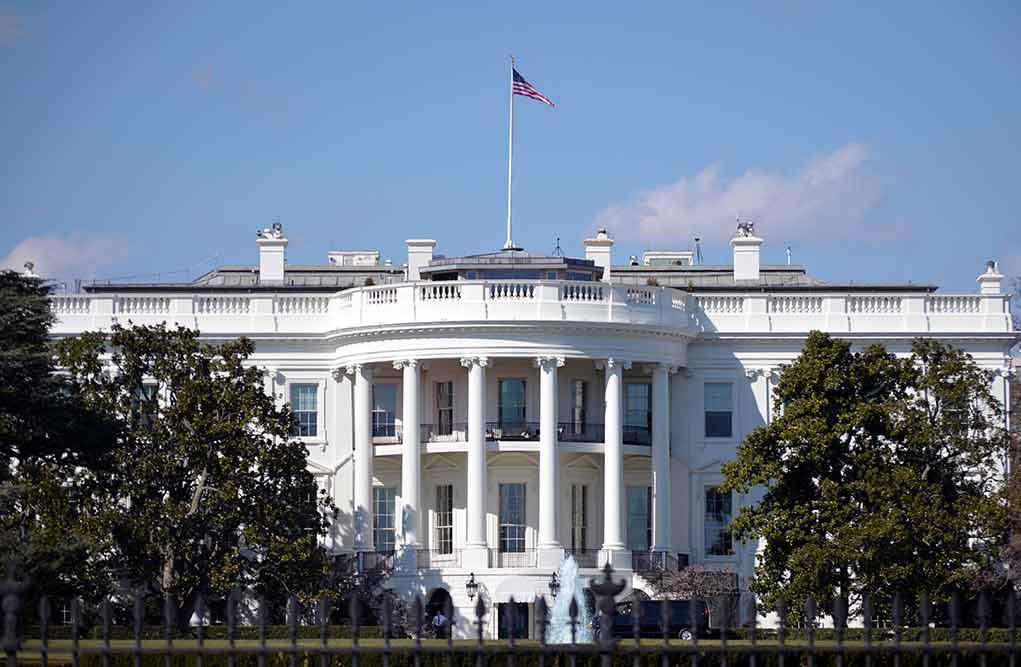
President Trump’s suspension of U.S. foreign aid set the stage for a pivotal policy review aimed at ensuring America’s interests remain at the forefront, sparking a broader discussion on foreign assistance’s alignment with national values.
At a Glance
- President Trump suspended U.S. foreign aid for 90 days pending a review to align with American interests.
- Mandated a pause on new obligations and disbursements of development assistance funds.
- Some foreign aid programs may potentially destabilize peace and run counter to American values.
- The Office of Management and Budget is tasked with enforcing the pause, with waivers allowed.
- The order reflects Trump’s long-standing views on foreign aid and NATO defense spending.
Trump’s Decision to Suspend Foreign Aid
Shortly after taking office, President Donald Trump signed an executive order to suspend U.S. foreign aid programs for a 90-day period. This pause was enacted to offer time for a review to ensure these assistance programs are aligned with American interests. Department and agency heads were ordered to cease any new commitments and disbursements of development assistance, in what President Trump described as “taking a hard look at U.S. foreign assistance.”
Critics too have raised questions about current foreign aid potentially funding initiatives that contradict American values or inadvertently destabilize global peace. The executive order called for an assessment of the efficiency and policy alignment of these programs, asking whether existing foreign aid programs align with U.S. interests or sustain opposing agendas globally.
Review and Waiver Options
The Office of Management and Budget (OMB) plays a crucial role in the suspension process, tasked with enforcing the pause during this review period. A waiver procedure was instituted, allowing the Secretary of State to continue specific programs if deemed necessary. This procedural flexibility underscores that vital aid could resume before the 90-day window if proven appropriate and aligned with national objectives.
“All department and agency heads with responsibility for United States foreign development assistance programs shall immediately pause new obligations and disbursements of development assistance funds.”
Trump has historically criticized the amount of foreign aid distributed by the United States, particularly focusing on how many nations receiving aid fail to reciprocate or respect American generosity. The administration suggested that this review ensures American goodwill does not inadvertently support corruption or fund adversarial interests.
Aligning Aid With National Security
Trump’s approach also highlights his administration’s longstanding stance that foreign aid should serve strategic U.S. interests. In addition to a critical review of aid programs, Trump has reiterated the need for allied nations, especially NATO members, to increase their defense budgets significantly. NATO’s financial contribution disparity has been a persistent topic in his criticisms of foreign policy dynamics. Under the Biden administration, the most recent accounting showed $68 billion was allocated across 204 countries, with major recipients like Israel, Egypt, and Jordan.
Through this directive, Trump emphasized the importance of scrutinizing where aid dollars flow and the strategic value they return. It reflects an administration perspective keen on ensuring aid’s efficacy, reinforcing national security efforts, and maintaining a broad geopolitical strategy consonant with U.S. interests.
Sources
1. Trump Suspends US Foreign Assistance for 90 Days Upon Further Review
2. Trump pauses US foreign development aid for 90 days pending review




